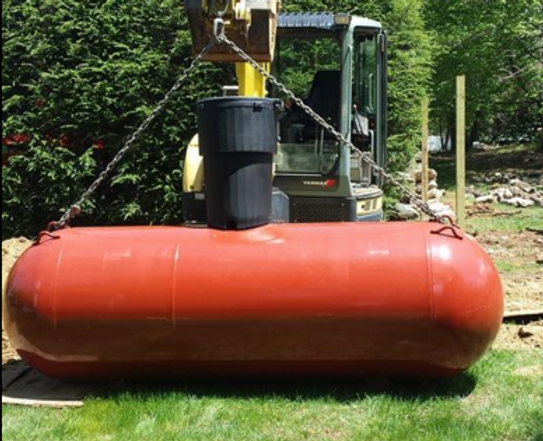Navigating Seasonal Changes in the Propane Industry

The propane industry is significantly influenced by annual seasonal changes, which can greatly affect demand, pricing, and operational strategies. Understanding these fluctuations is essential for propane business owners to effectively manage their resources and optimize service delivery. Here’s a closer look at the seasonal changes that impact propane businesses and how to navigate them.
Fall Preparation
As fall approaches, propane businesses must prepare for the impending winter demand. This transitional period is critical for setting the stage for success. Key steps to take during the fall preparation season include:
Evaluate Inventory: Assess propane supply and make necessary purchases to ensure availability for winter.
Review Pricing Strategies: Analyze market trends and adjust pricing to remain competitive while ensuring profitability.
Enhance Marketing Efforts: Promote heating services and incentives for early propane orders to encourage customers to stock up before winter.
Winter Demand Surge
During the winter months, the demand for propane typically peaks due to increased heating needs. Homeowners and businesses rely heavily on propane for warmth, leading to greater sales volume. To prepare for this surge, businesses should:
Stock Up: Ensure sufficient inventory levels are in place in order to meet heightened demand.
Plan Deliveries: Optimize delivery routes and schedules to ensure timely and efficient service. Route optimization software is an invaluable tool to help with this important step.
Communicate with Customers: Inform customers about potential delays and encourage them to order early.
Spring and Summer Slowdown
As temperatures rise in the late spring and summer, the demand for propane often decreases. Home heating needs lessen, and many customers may prioritize vacations and outdoor activities. To make the most of the summer slowdown, consider the following:
Focus on Maintenance: Use the slower months for equipment maintenance and employee training. This proactive approach ensures readiness for the busy winter season.
Explore New Markets: Identify opportunities in various sectors such as agriculture, where propane is used for irrigation, crop drying, and other applications during the summer months.
Promote Summer Uses: Educate customers about propane’s versatility for grilling, pool heating, and other summer activities to boost sales.
Regulatory Changes and Compliance
Seasonal changes can also bring shifts in regulations and compliance requirements. It’s essential for propane businesses to stay updated on any new regulations that may arise, particularly in preparation for winter heating. This can be done by implementing:
Regular Training: Ensure employees are aware of and trained on any new safety protocols or compliance measures.
Documentation: Maintain accurate records of safety checks, deliveries, and customer interactions to facilitate compliance.
Managing Price Volatility
Seasonal demand fluctuations can lead to price volatility in the propane market. To mitigate the effects of these changes, consider:
Hedging Strategies: Engage in hedging contracts to stabilize prices and protect against market fluctuations.
Transparent Communication: Keep customers informed about pricing changes and the factors influencing them, thereby fostering trust and understanding.
Adapting to Unique Challenges
It’s important to note that not all seasons will present the same challenges. Weather patterns, economic conditions, and customer behaviors can vary significantly from year to year. New challenges may arise unexpectedly, such as severe weather events, so propane business owners should be prepared to adapt their strategies accordingly. While the suggestions outlined above provide a foundation for seasonal planning, they should be viewed as starting points rather than definitive solutions.
Plan and Prepare
Navigating the seasonal changes in the propane business requires strategic planning and adaptability. By preparing for winter surges, capitalizing on summer opportunities, and staying informed about regulatory shifts, propane business owners can enhance their operations and ensure a steady flow of service throughout the year. Regularly reviewing and adjusting business strategies in response to seasonal trends will position companies for success in a dynamic market, allowing them to meet any unique challenges that may arise.













